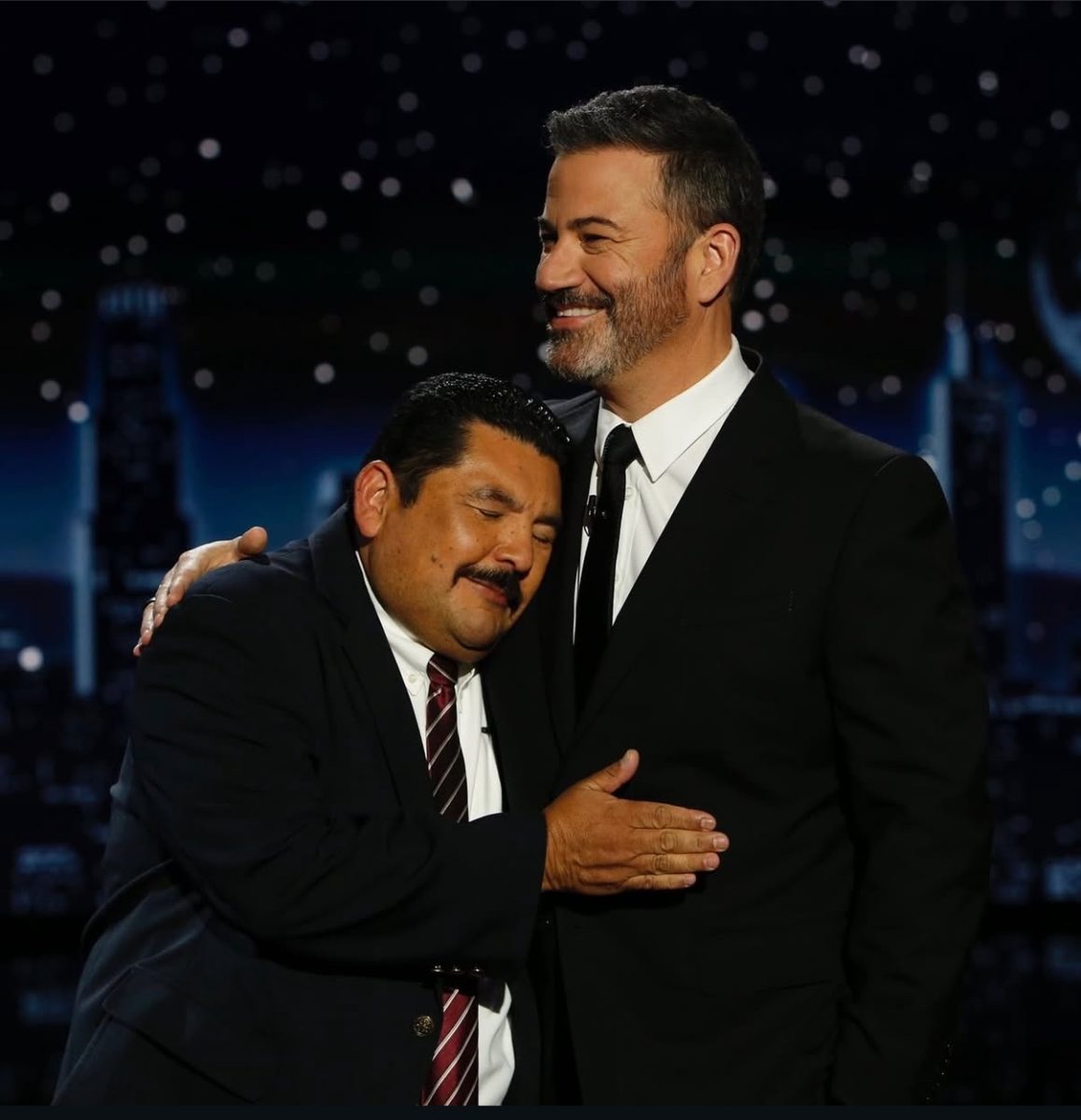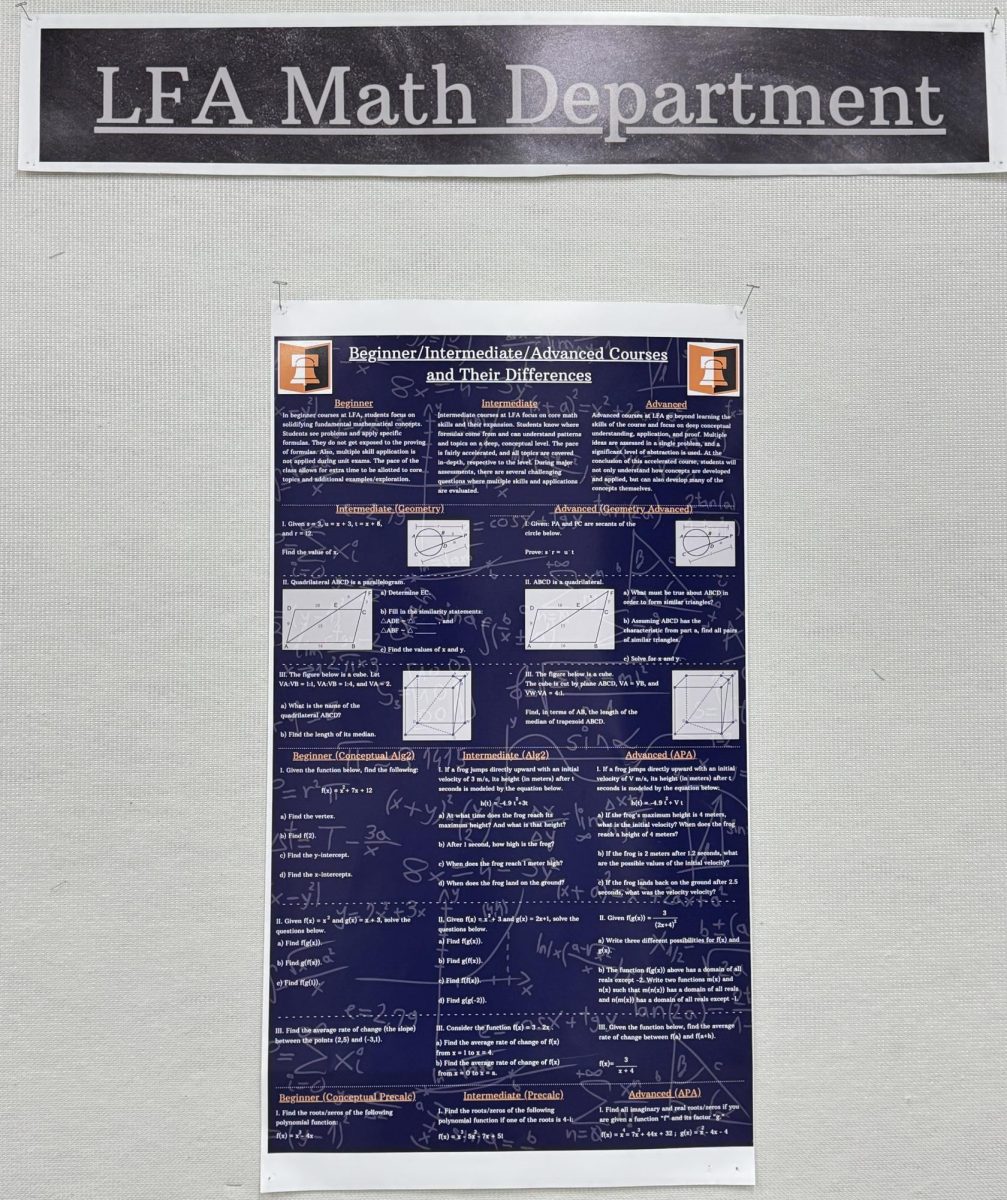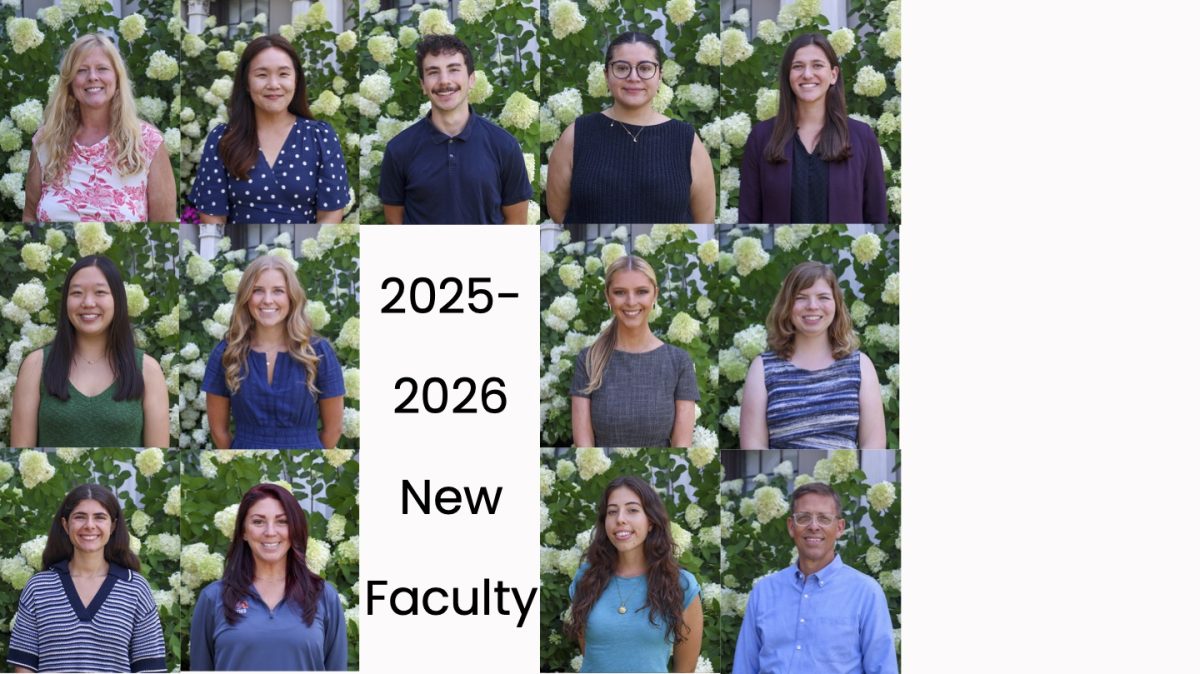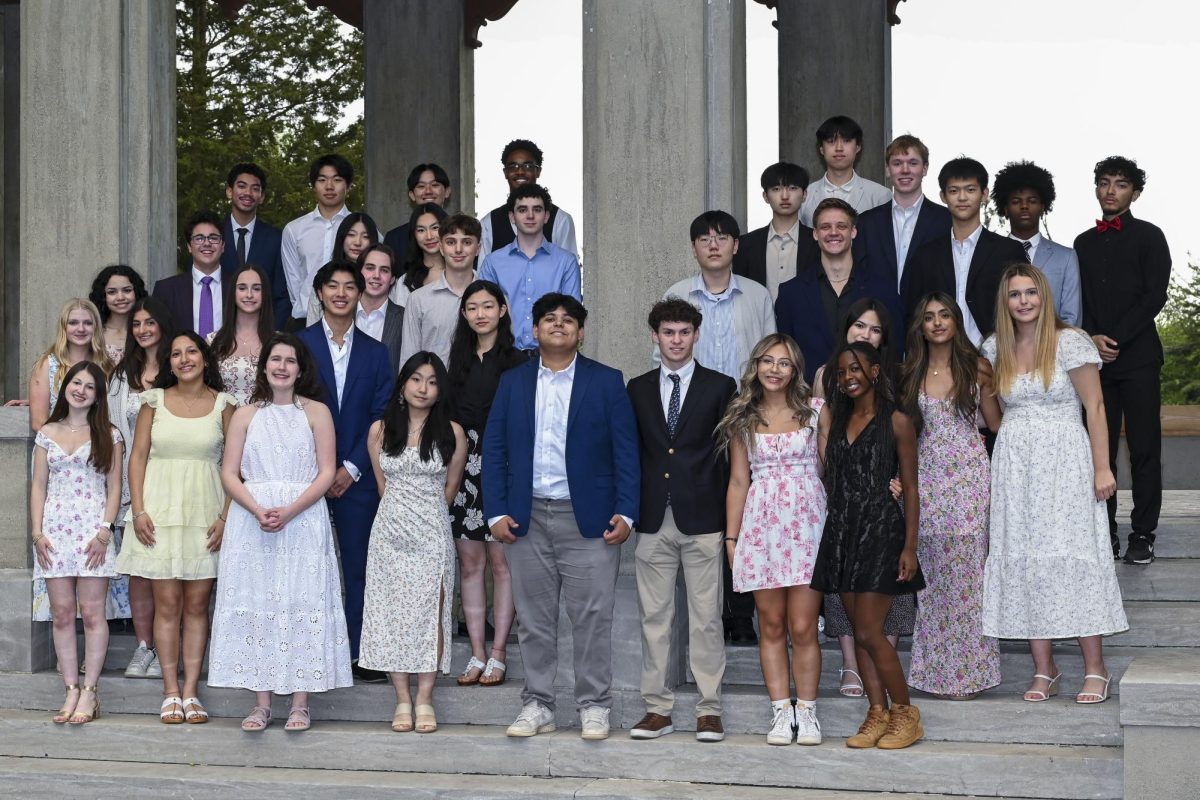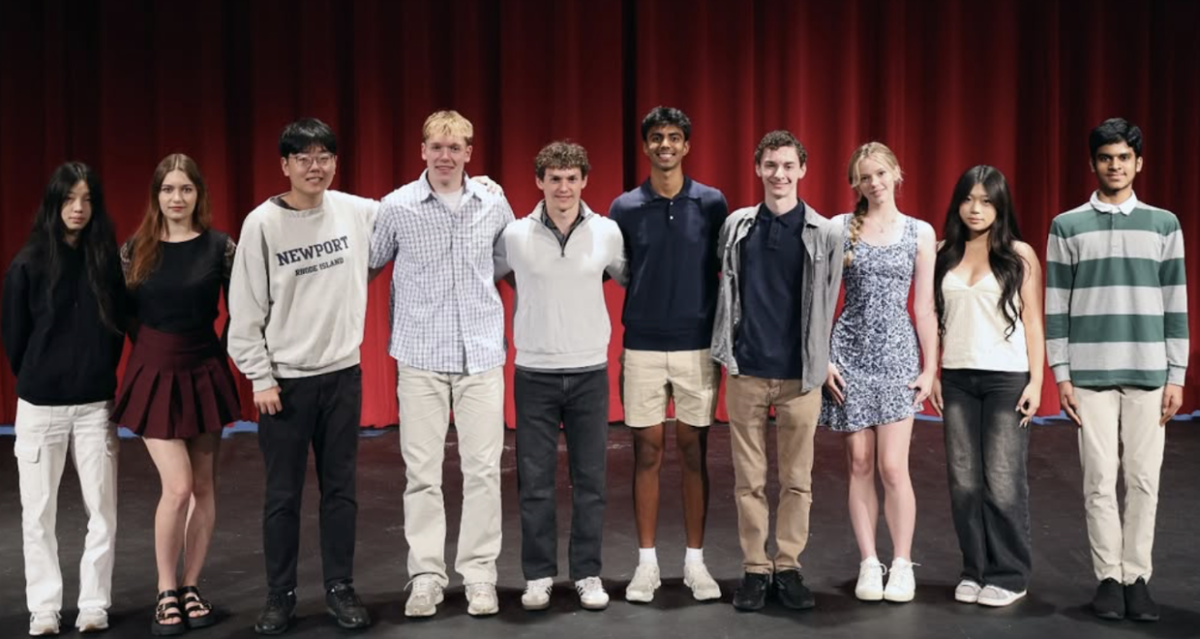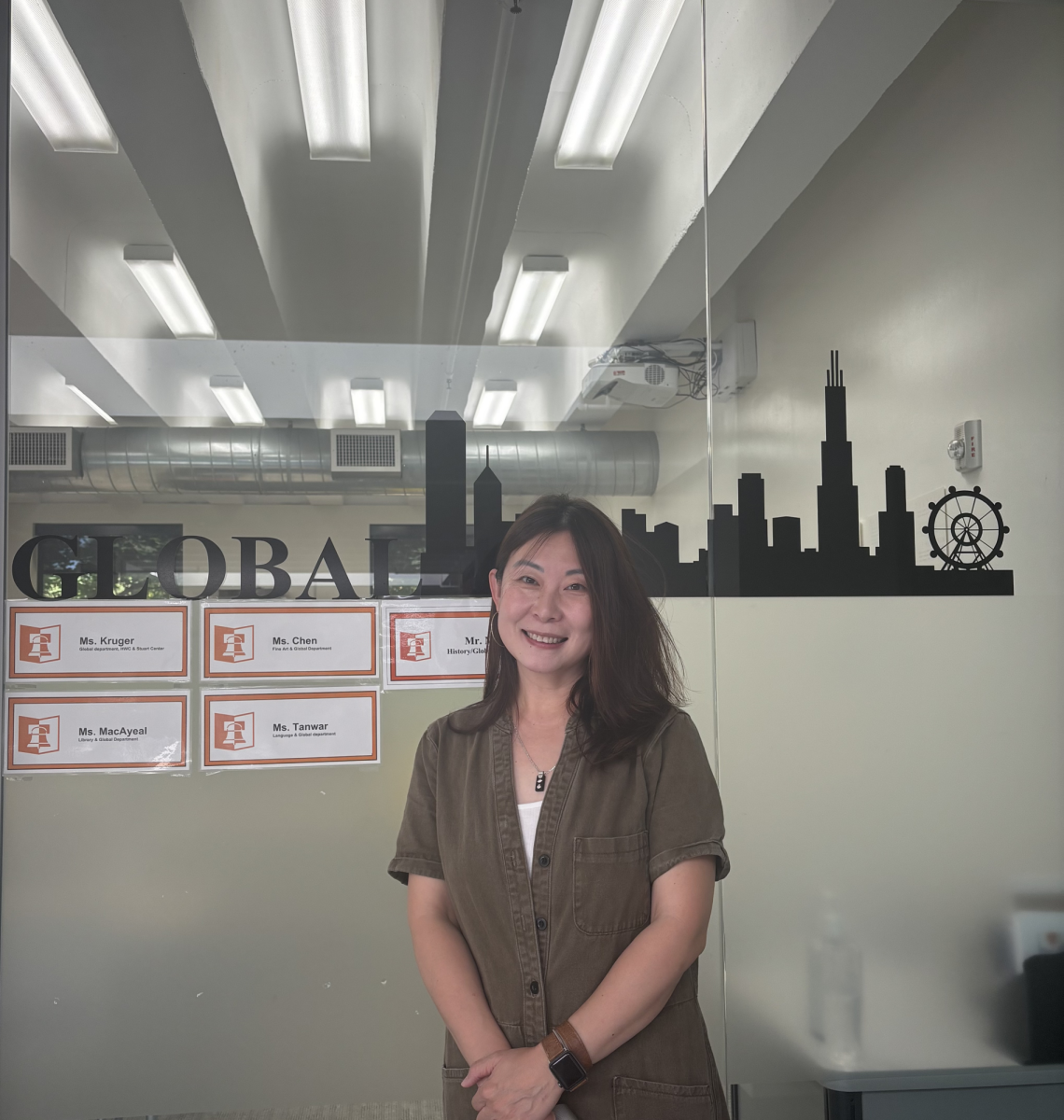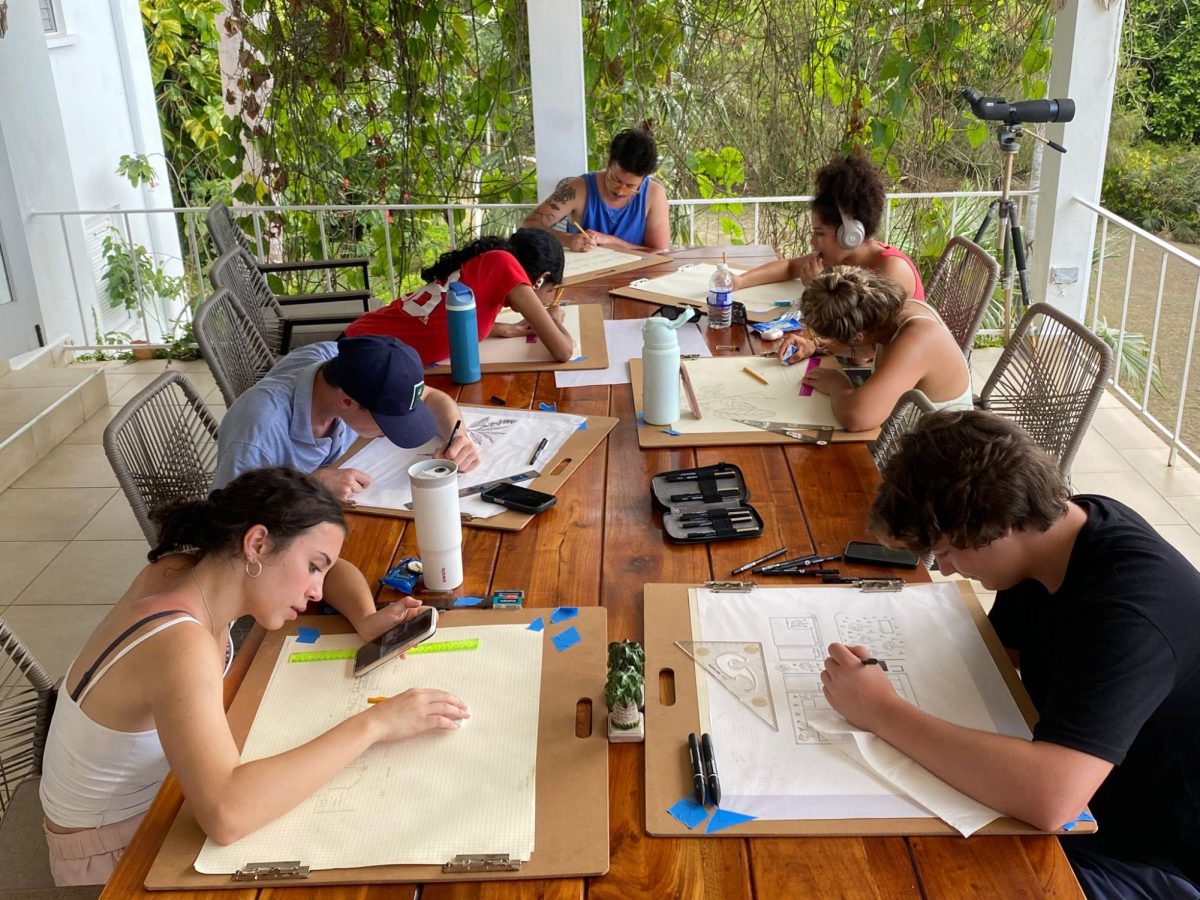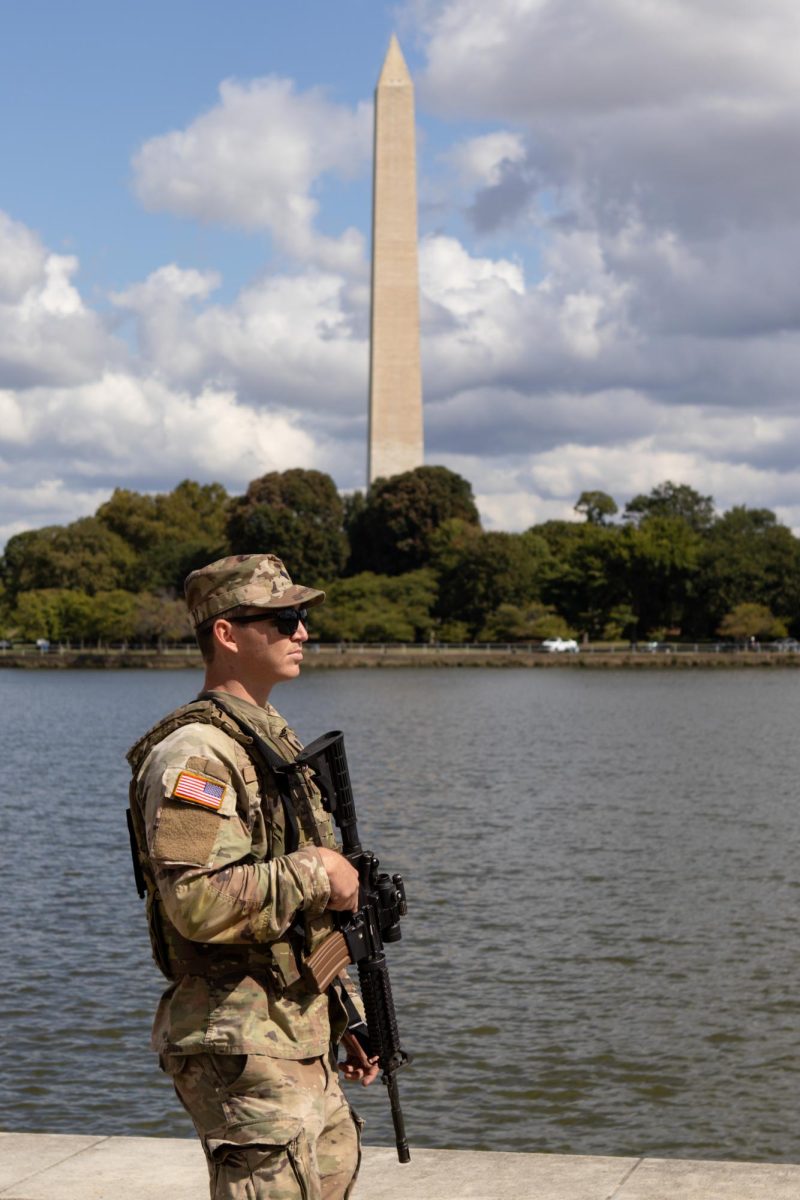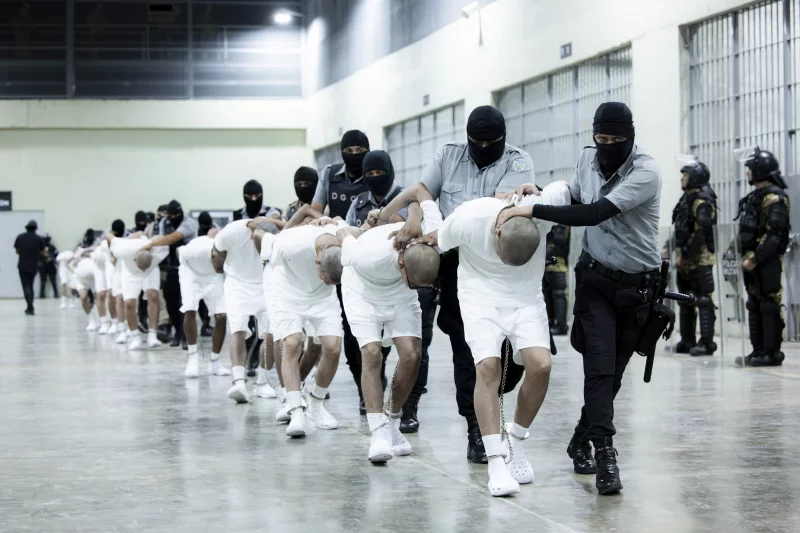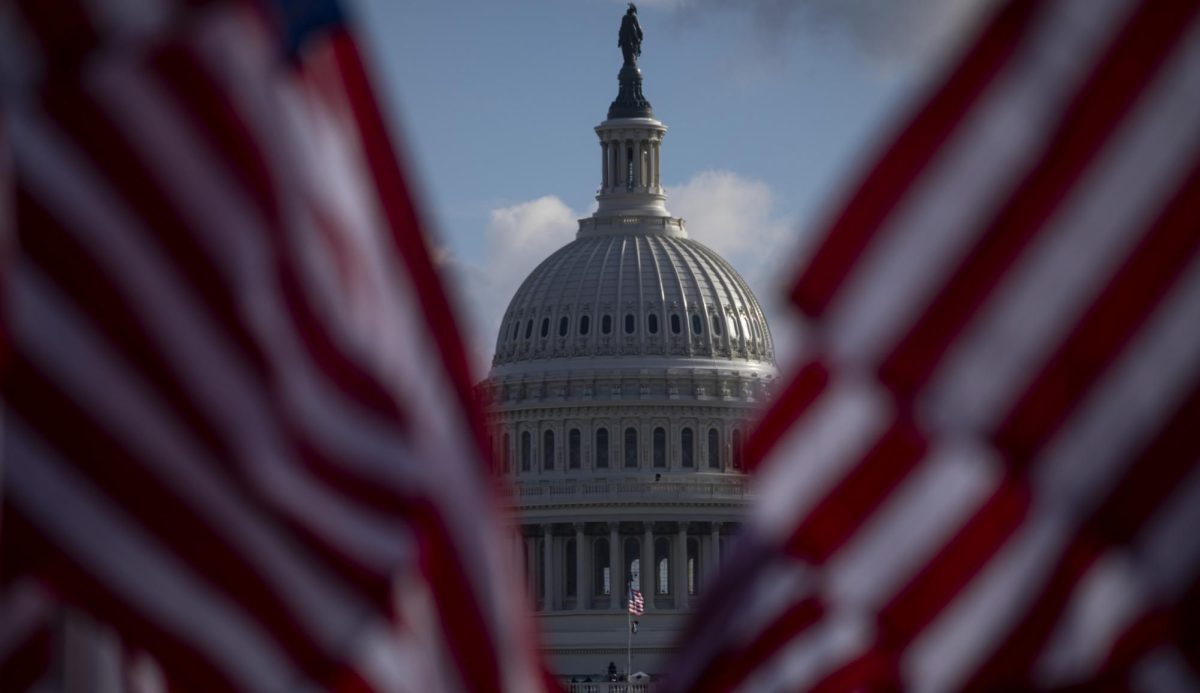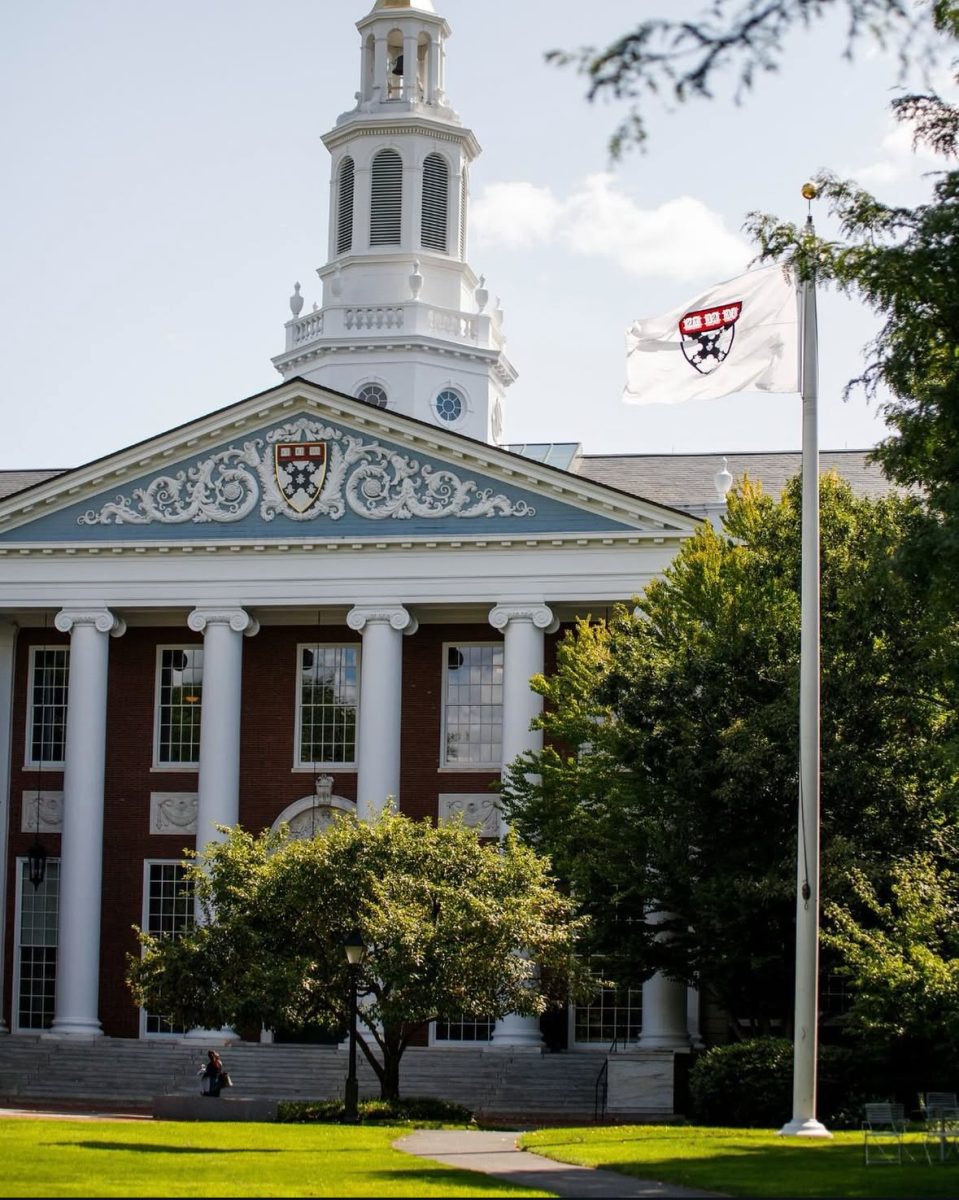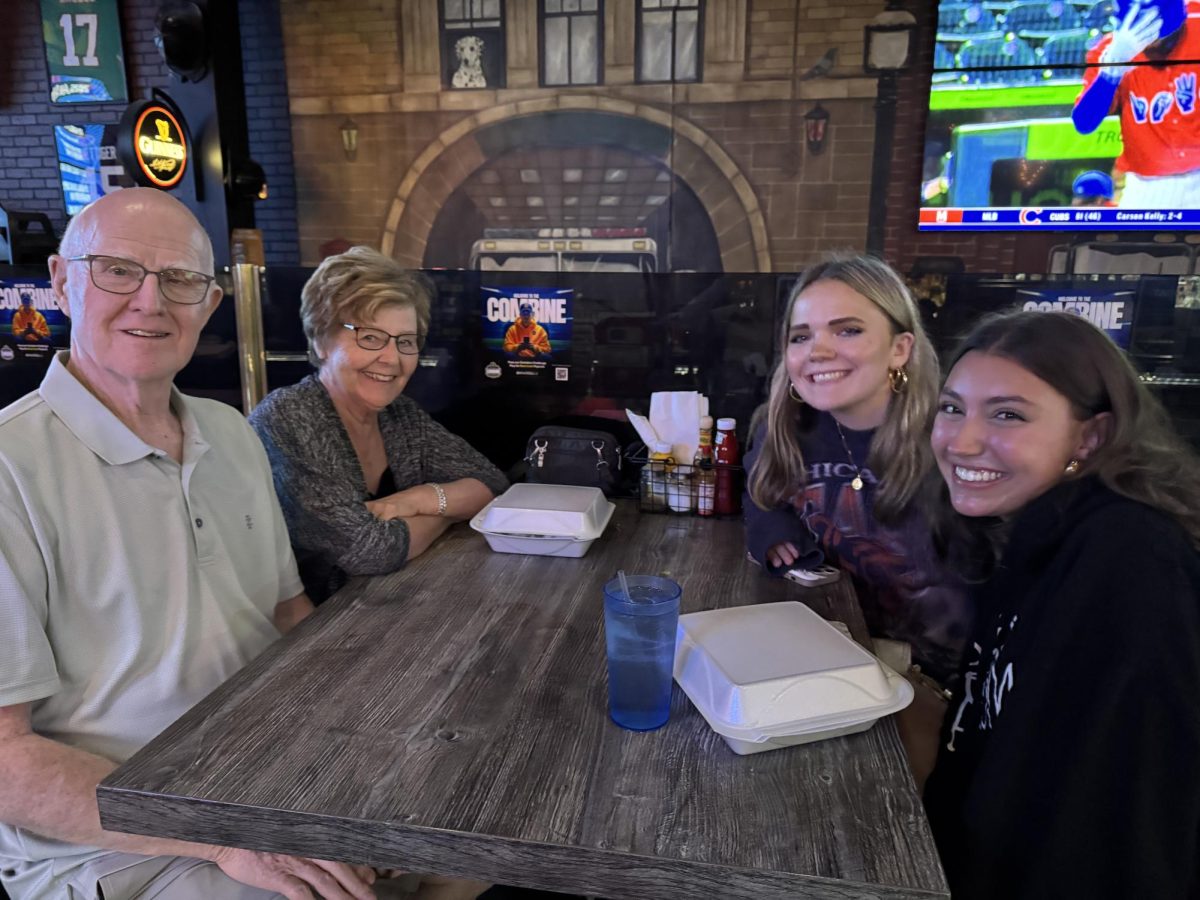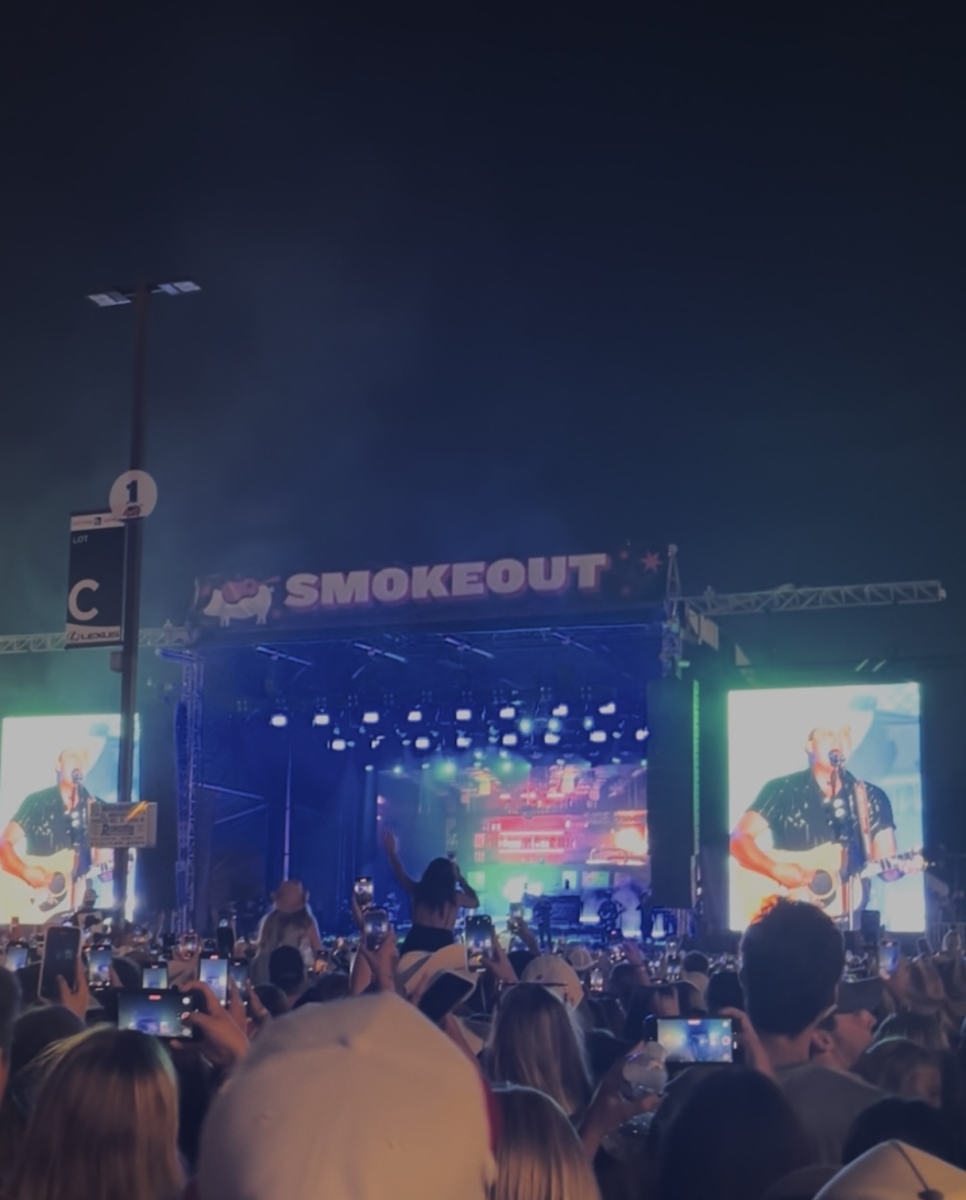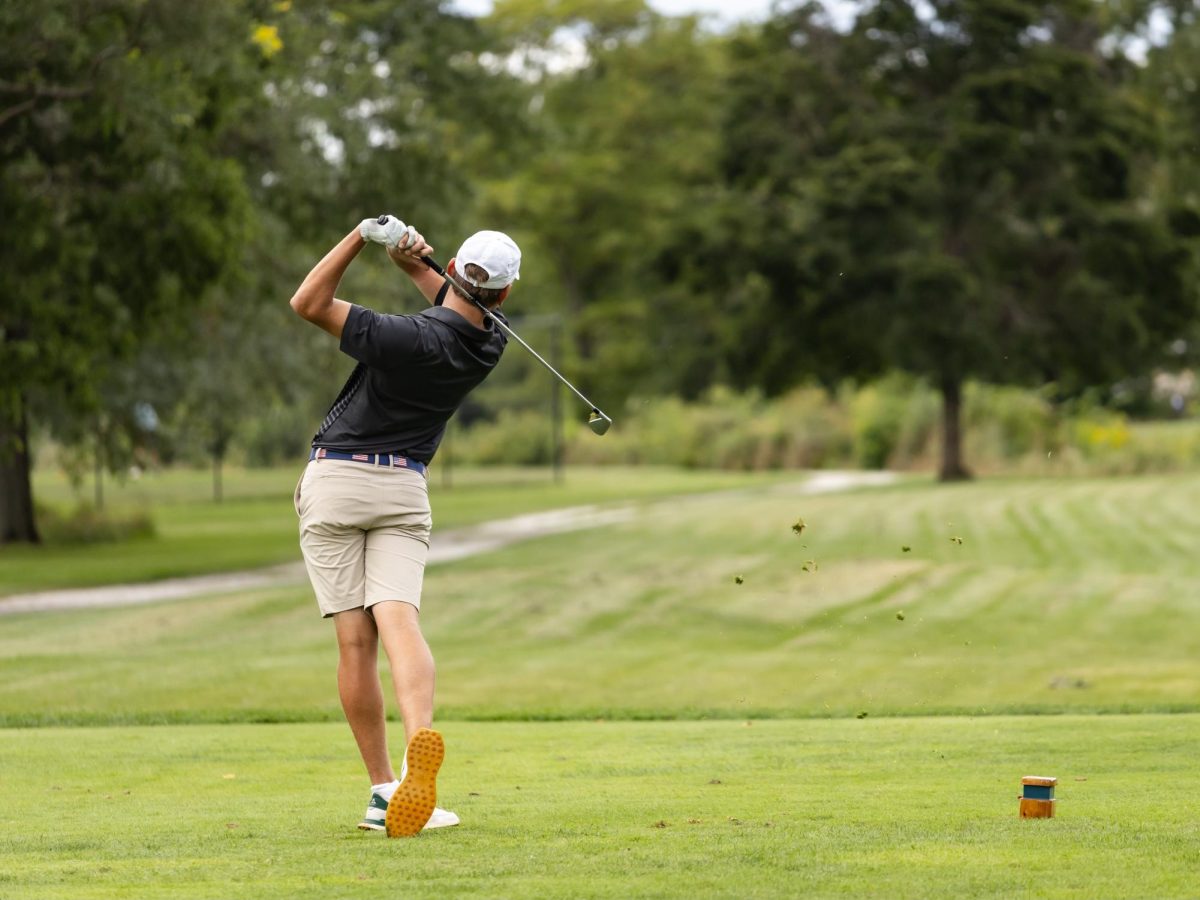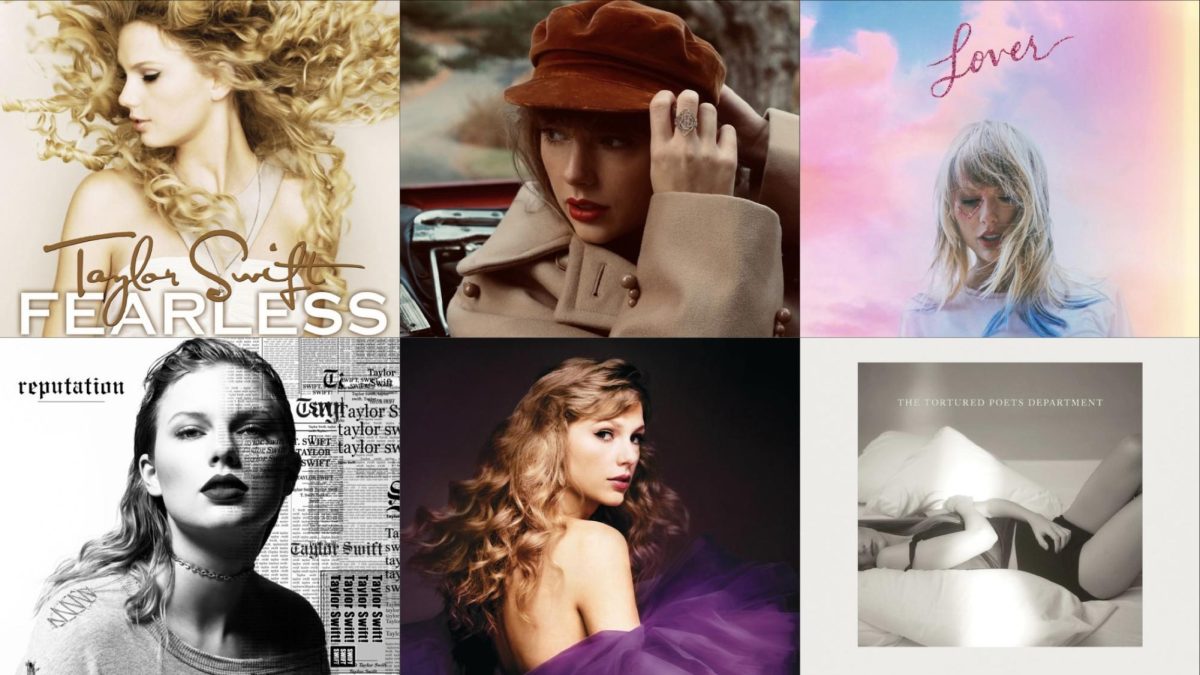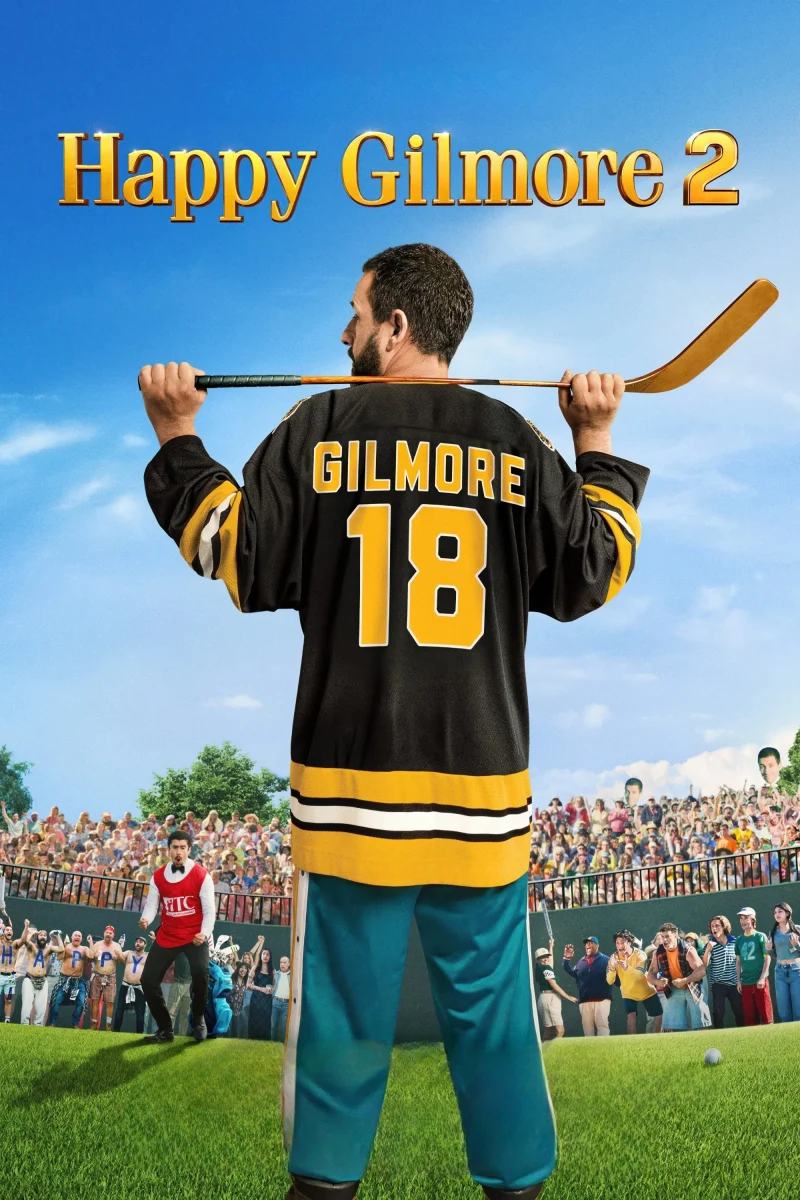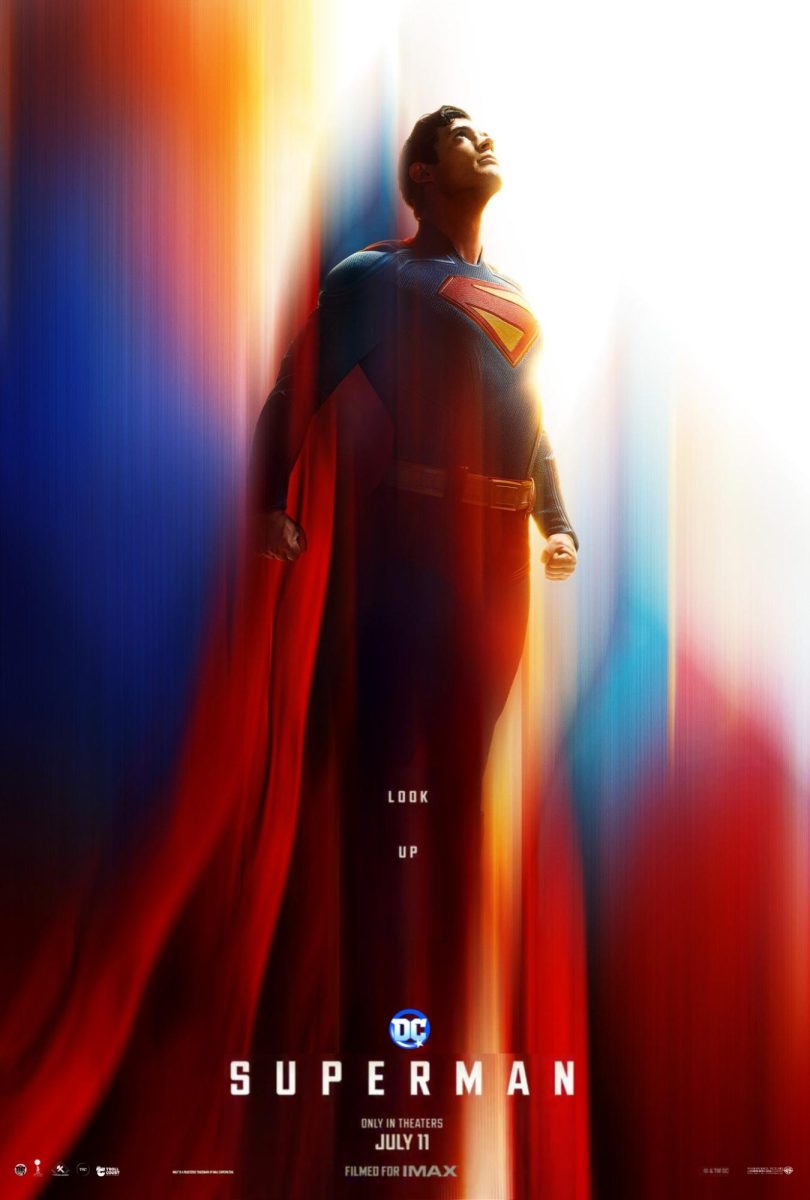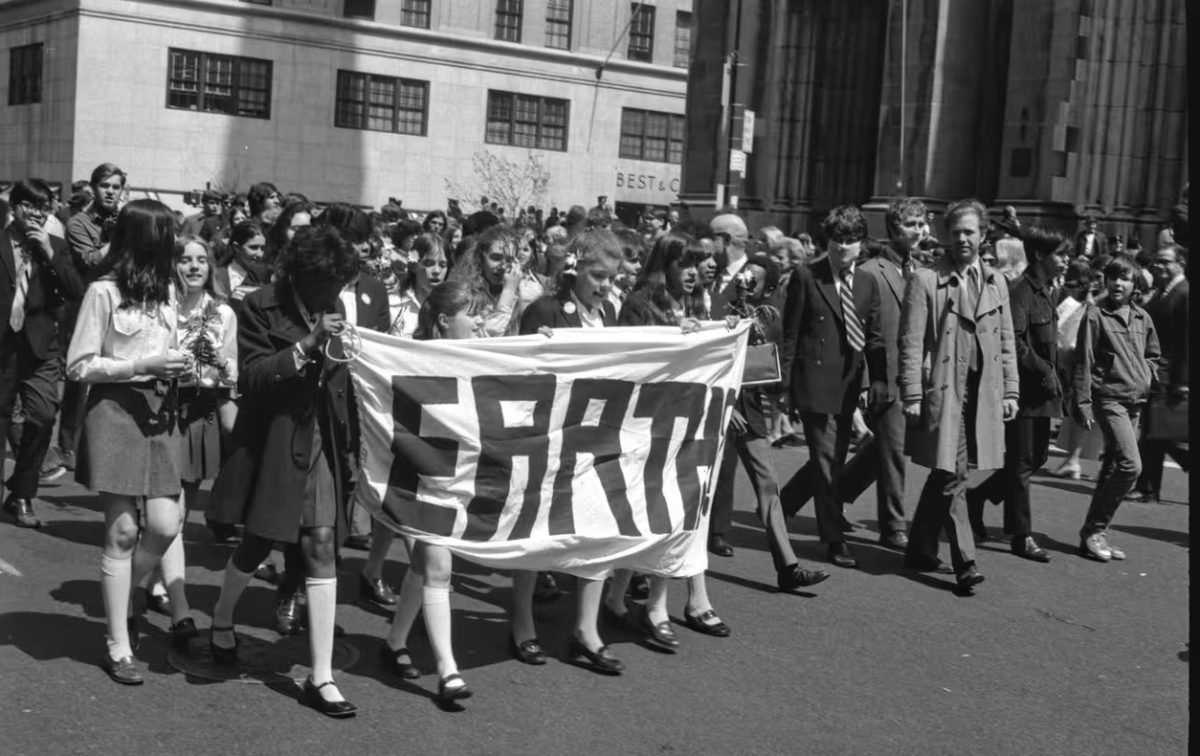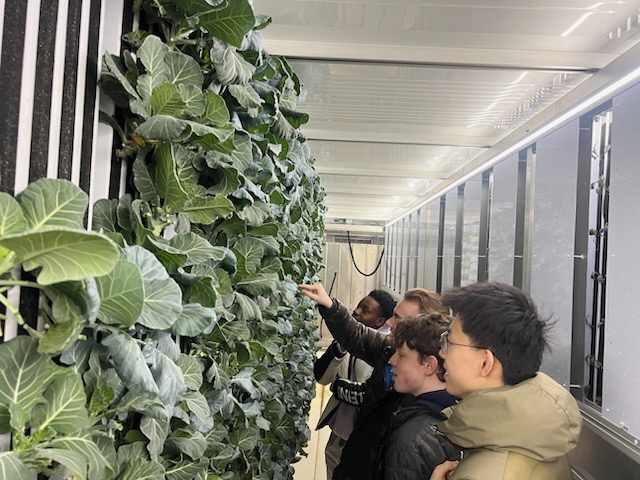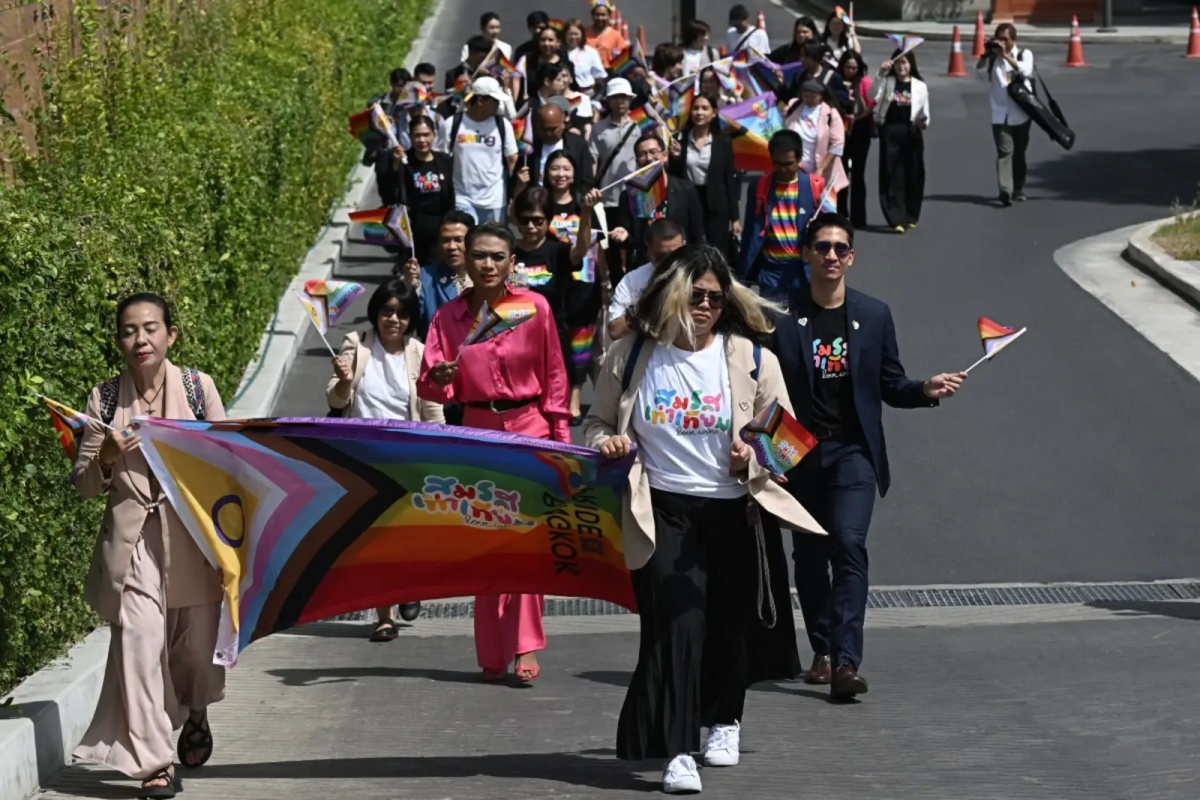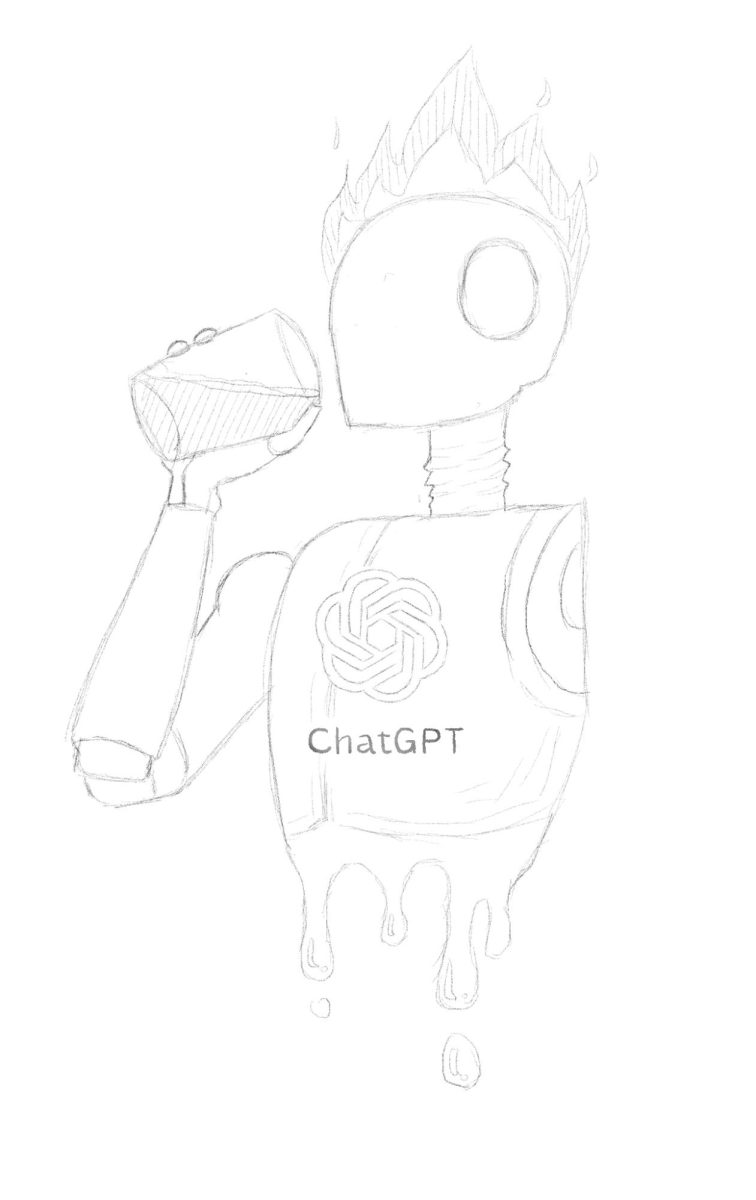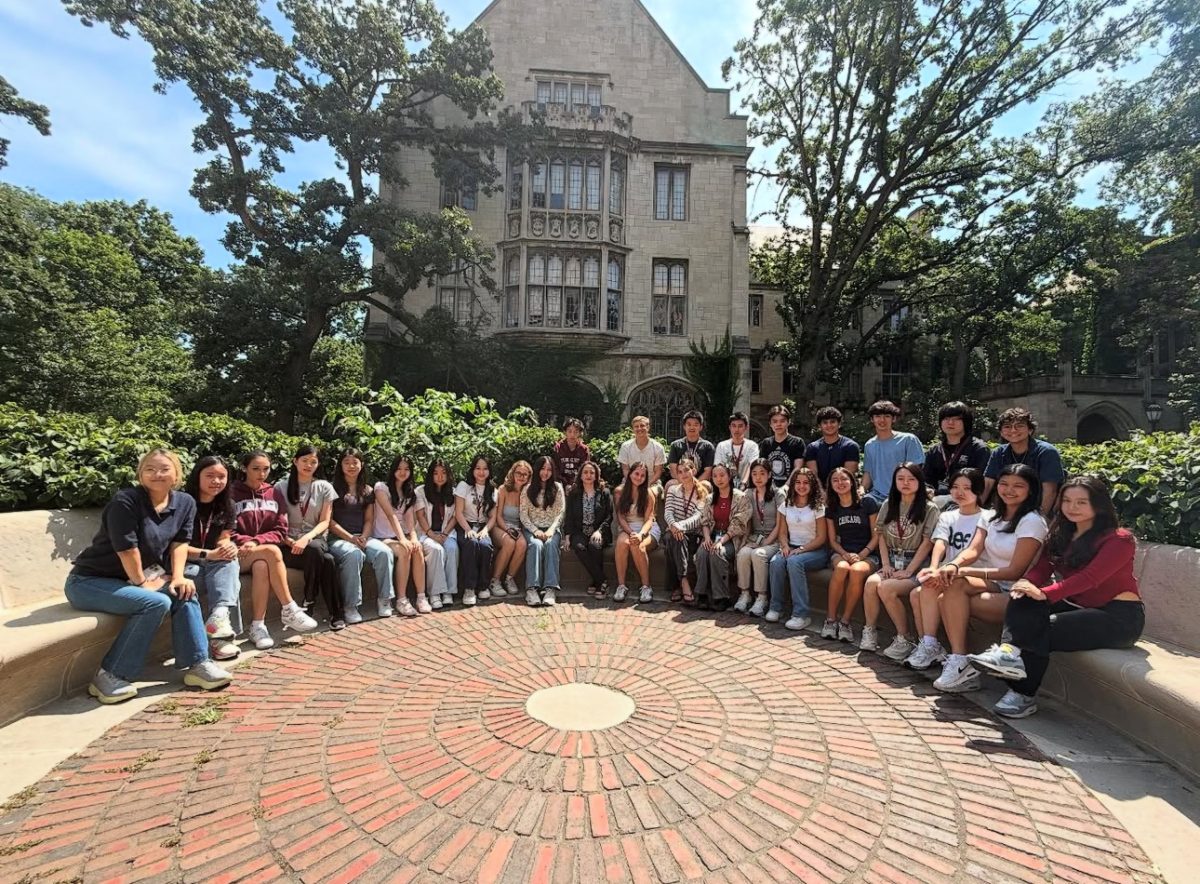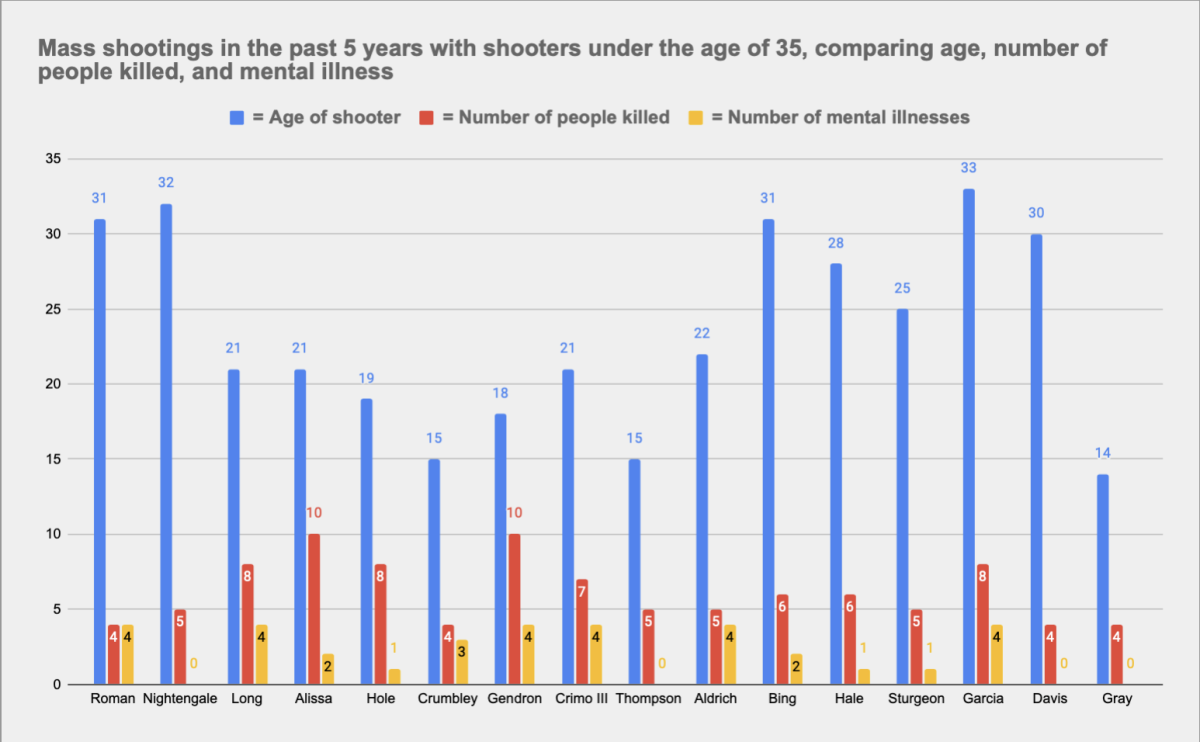This summer, I participated in the course Human Rights: Foundation Concepts, Global Challenges, in the three-week Immersion residential program at the University of Chicago. In this course, we explored questions based on current debates on justice and monumental human rights documents such as the Universal Declaration of Human Rights: What does it mean to have “human rights”? How does interpreting human rights shape society today? This experience really opened my eyes to human rights issues in our current society and how individuals and organizations such as the United Nations and Amnesty International are approaching the situation.
The course was conducted in a seminar style with group presentations on case studies each week. In the first week, we focused mainly on the foundational concepts and history of human rights. The highlight of this week was definitely our first visit to the University of Chicago Law School and the lecture of Professor Anjli Parrin, the Assistant Clinical Professor of Law and the Director of the Global Human Rights Clinic. She spoke about her work with international human rights cases and explained how law school students work in legal clinics to advocate for justice across borders. A particularly memorable moment was stepping into the classroom where President Barack Obama used to teach as a professor at the law school.
In the second week, the seminar shifted to contemporary debates surrounding the topics of freedom of expression and hate speech, gender equality and refugee rights. We examined case studies on social media regulations and refugee asylum processes, comparing international approaches to these challenges. A student in the course, Anna Nguyen, commented, “It is especially interesting and inspiring when we look beyond the moral level and see human rights through the legal lens.”
We also had the chance to hear from Professor Mark N. Templeton, the Clinical Professor of Law and Director of the Abrams Environmental Law Clinic, on the connection between human rights and public environmental resources. His lecture pointed out how access to clean air, water, and other resources is increasingly being categorized as human rights, especially in the context of climate change and environmental justice.
During the final week of our session, we explored new human rights issues, such as social media, climate change, and the death penalty. In order to have a better understanding of how these topics apply to real life, we staged two mock trials on past cases that are controversial, such as the famous Brandon Bernard execution case in the United States.
By the end of the program, I gained a deeper academic understanding of human rights and a personal sense of the importance of their existence in today’s world.

